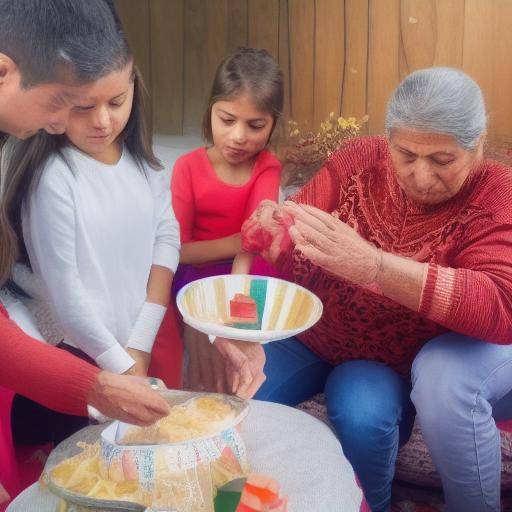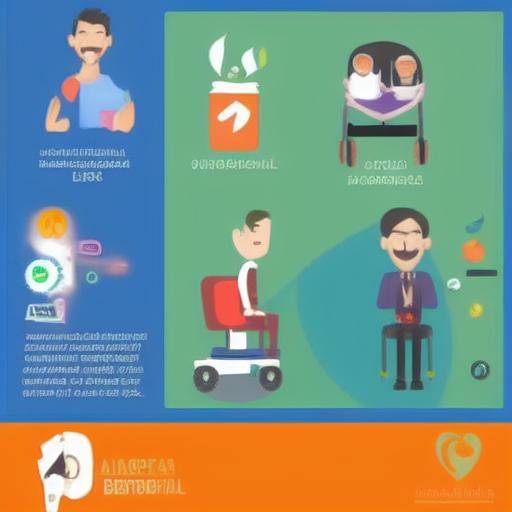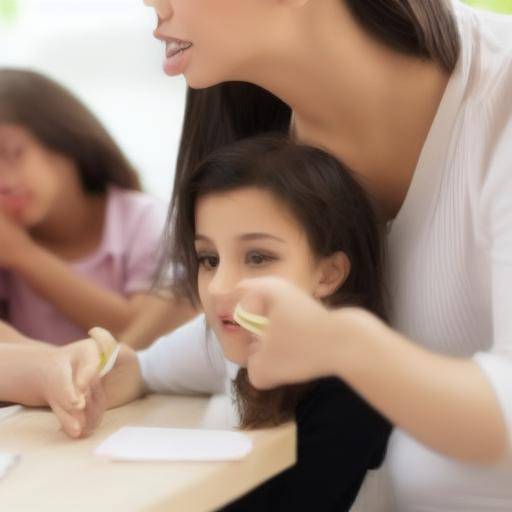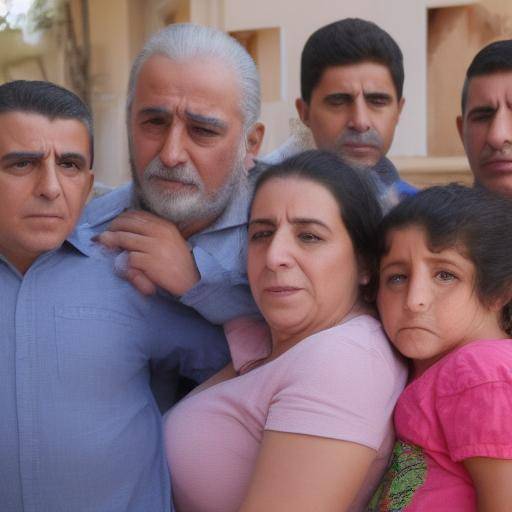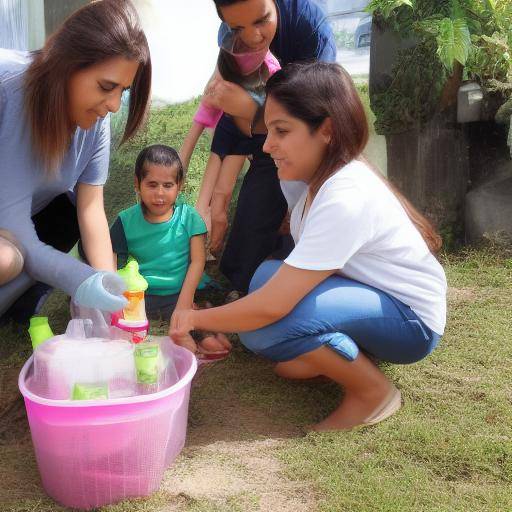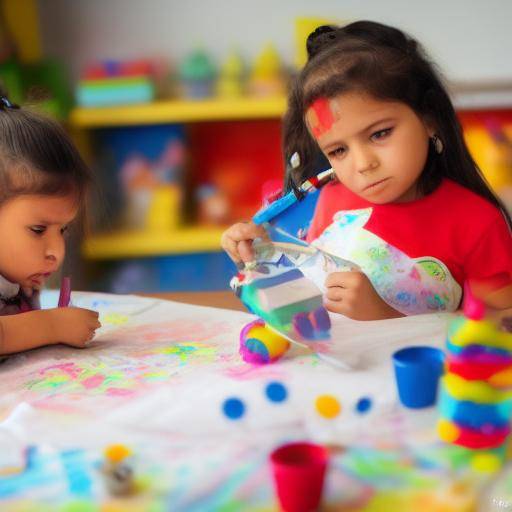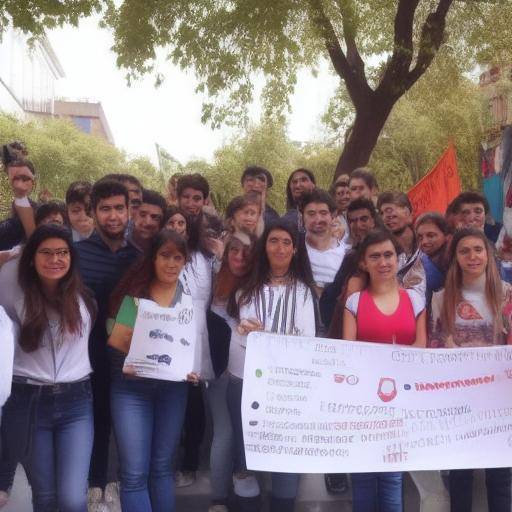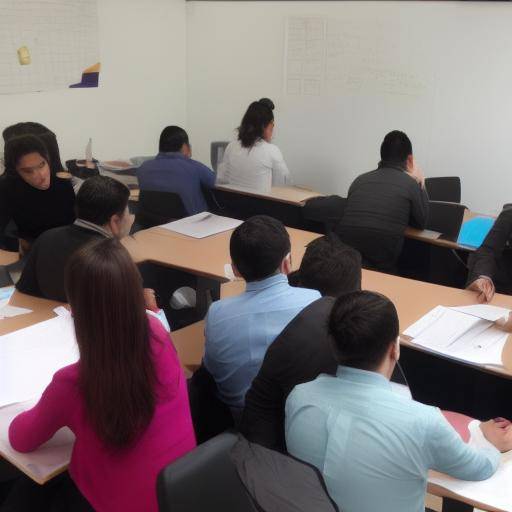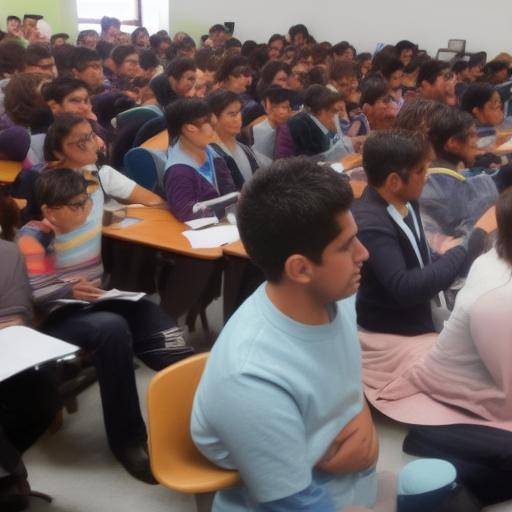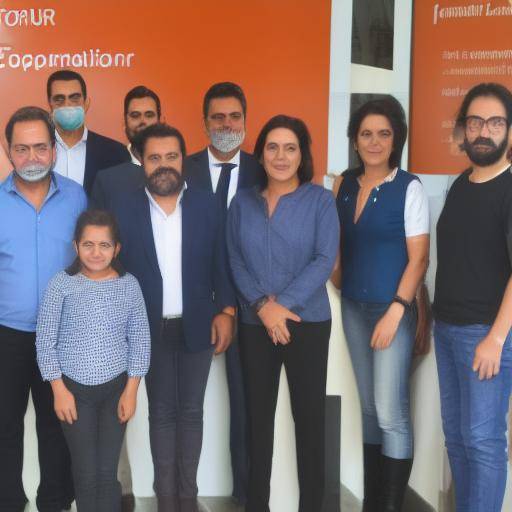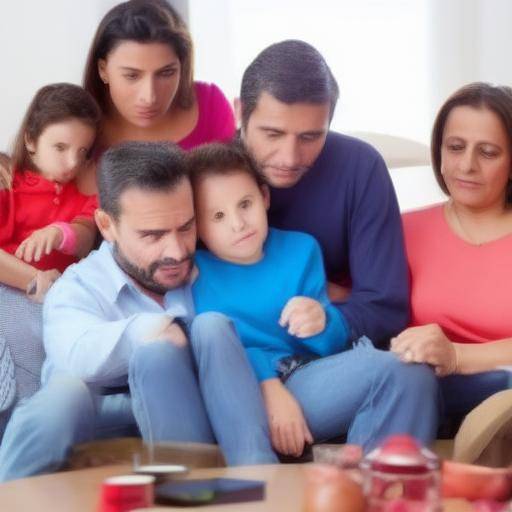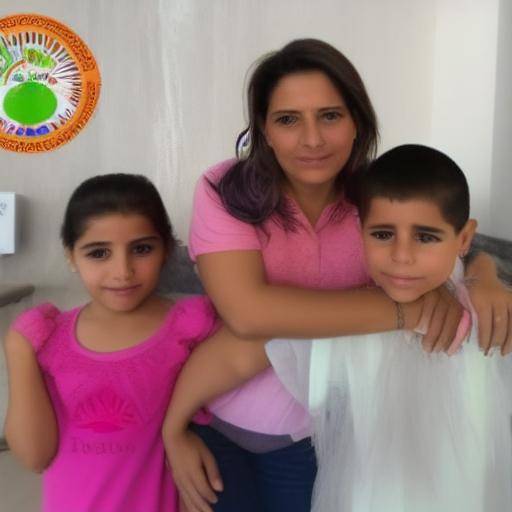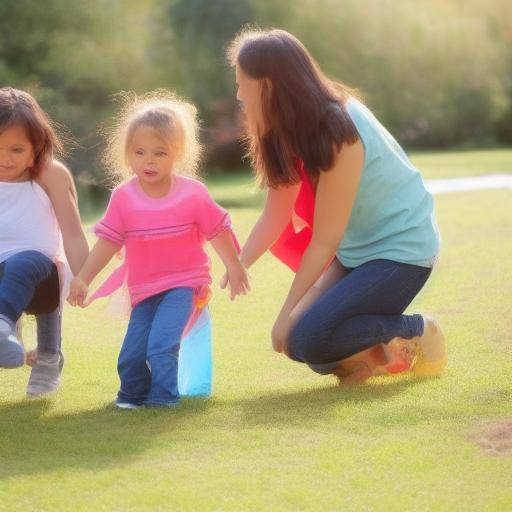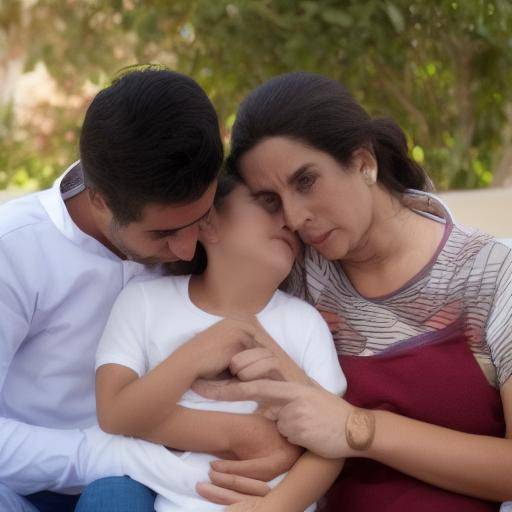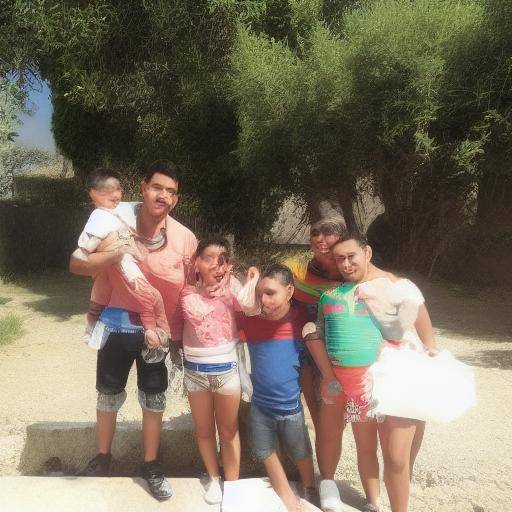
Introduction
Mutual respect is a fundamental pillar for generating harmony and well-being in the family core. Fostering a culture of respect within the home not only strengthens affective links, but also contributes to the emotional and social development of each family member. In this article, we will explore practical strategies and advice to promote mutual respect in the family, as well as their importance in the growth of each individual. Discover how to cultivate a respectful environment that promotes well-being and positive coexistence in your family.
History and Context
Mutual respect in the family has deep roots in the history of humanity. From ancient civilizations to contemporary societies, the value of respect has been fundamental in the structuring of family relations. Over the centuries, the concept of respect has evolved to encompass not only the polite treatment, but also the recognition of the dignity and rights of each individual in the family environment.
Historically, ancestral cultures have promoted respect as a key element in maintaining cohesion and stability within the family. As societies have undergone transformations, mutual respect has become a guiding principle for harmonious coexistence in the home. Social revolutions, feminist movements, and changes in the family structure have influenced the perception of respect in the family, adapting to contemporary needs and realities.
The evolution of the concept of mutual respect in the family shows us the importance of adapting traditional practices and values to contemporary dynamics. Understanding the historical background of respect in the family allows us to appreciate its timeless relevance and its ability to shape more equitable and compassionate societies.
Analysis in Deep
Mutual respect in the family entails concrete benefits in all areas of human development. According to psychological studies, children who grow up in an environment where mutual respect is encouraged tend to develop stronger self-esteem and more effective social skills. The ability to listen and understand the perspectives of others is strengthened in a respectful environment, promoting empathy and peaceful resolution of conflicts.
However, challenges also arise in family dynamics in fostering mutual respect. The diversity of opinions, personalities and communication styles can affect the way in which respect is perceived and exercised. Sometimes the lack of effective communication or the presence of unresolved conflicts may hinder the cultivation of a family-friendly environment.
It is crucial to address these challenges through strategies that promote open communication and mutual understanding. Establishing clear rules of coexistence, fostering respectful dialogue and active listening are fundamental actions to nurture mutual respect in the family. In addition, it is vital to encourage reflection on the importance of respect in building healthy relationships.
Comprehensive review
In implementing strategies to promote mutual respect in the family, it is essential to consider effective practices that promote an environment of harmonious coexistence. The implementation of routines that encourage emotional expression and recognition of individual needs can contribute significantly to strengthening mutual respect. In addition, constructive conflict resolution and the promotion of empathy as a central value in family interaction are key areas for cultivating a respectful environment.
Comparative analysis
The promotion of mutual respect in the family is intrinsically linked to the promotion of a culture of open dialogue and unconditional support. By comparing the concept of mutual respect in the family with other social contexts, its relevance is evidenced as the cornerstone for the construction of healthy and equitable relationships. While respect between colleagues and superiors is promoted in the workplace, the family emphasizes the importance of recognizing and assessing the individualities of each member, thus contributing to a unique environment of understanding and mutual affection in this context.
Practical Tips and Actions to Implement
Promoting mutual respect in the family can be achieved through the adoption of daily practices that promote empathy and understanding. Some effective strategies include establishing open spaces for dialogue, fostering the peaceful resolution of conflicts and recognizing the individual achievements of each member. It also suggests the establishment of moments of reflection together and the celebration of the diversity of views and perspectives as an enriching value for the family nucleus.
Industry Insights and Expert Reviews
Family psychology experts agree that fostering mutual respect in the family is crucial for the emotional and social development of its members. The importance of promoting equal rights and recognizing individual differences as fundamental elements for the cultivation of respectful coexistence is emphasized. In addition, the active role of parents and caregivers in modeling behaviours that promote mutual respect is underlined, as an example for future generations.
Case Studies and Practical Applications
Success in the implementation of mutual respect in the family is evident in many cases of households where an atmosphere of respectful dialogue and mutual understanding is promoted. Through the adoption of strategies such as the establishment of consensual norms and the open expression of emotions, it has been possible to strengthen family ties and foster an environment of harmonious coexistence. Similarly, the peaceful resolution of conflicts and the promotion of empathy have been key pillars in promoting mutual respect in the family nucleus.
Future Trends and Predictions
Experts on family dynamics point out that promoting mutual respect will continue to be an area of interest and development in family studies and psychology. It is hoped that in the future, it will be deepened in understanding the implications of mutual respect in the family in different social and cultural contexts. In addition, more emphasis is placed on the implementation of specific strategies for the promotion of mutual respect in diverse and dynamic family environments.
Conclusions and FAQs (FAQs)
After thoroughly exploring the promotion of mutual respect in the family, it is clear that this practice is essential to promote healthy relationships and a comprehensive development of its members. By cultivating an environment where mutual respect prevails, they lay the foundation for strengthening family ties and fostering emotional and social growth in a safe and stimulating environment.
Frequently asked questions (FAQs):
1. Why is it important to foster mutual respect in the family?
Promoting mutual respect in the family is crucial to promoting healthy relationships, strengthening the self-esteem of its members and fostering an environment of harmonious coexistence.
2. How can mutual respect be fostered in the family?
Some effective strategies include establishing consensual living standards, fostering open communication and recognizing individual differences.
3. What challenges are presented in promoting mutual respect for the family?
The diversity of views and styles of communication in the family can pose challenges to promoting mutual respect. It is essential to address these challenges through open communication and the establishment of clear rules of coexistence.
4. What are the benefits of promoting mutual respect in the family?
Promoting mutual respect in the family contributes to the strengthening of emotional ties, the development of social skills and harmonious coexistence.
5. What is the role of parents in fostering mutual respect in the family?
Parents play a fundamental role in modeling respectful behaviors and promoting empathy and peaceful resolution of domestic conflicts.
6. How can the promotion of mutual respect in the family impact on the emotional well-being of its members?
Promoting mutual respect in the family can foster a safe and stimulating environment, strengthening self-esteem and promoting comprehensive emotional development of its members.
In conclusion, mutual respect in the family is not only a fundamental pillar for strengthening emotional ties, but also contributes to the integral development of its members. By implementing practical strategies and advice for the promotion of mutual respect, it is possible to promote an environment of harmonious coexistence that promotes healthy relationships and significant emotional and social growth.






